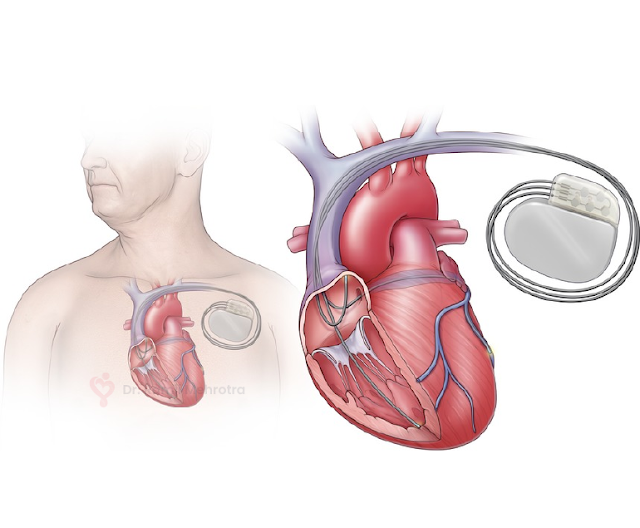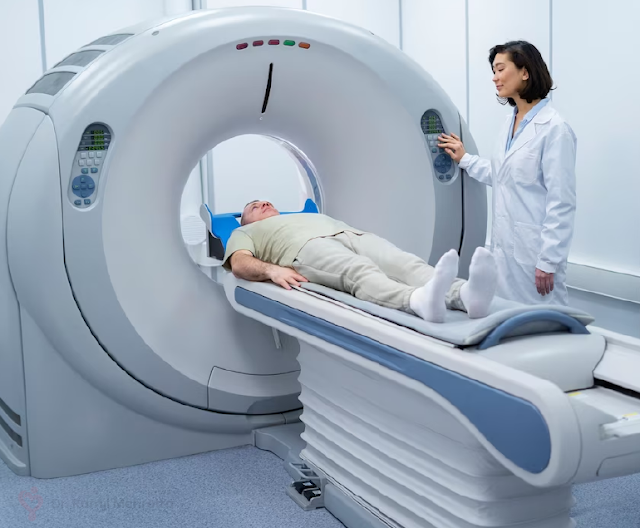Dr Ramji Mehrotra | What is cardiac resynchronization therapy?

Cardiac resynchronization therapy (CRT) is a specialized medical treatment designed to improve the function of the heart in individuals with certain types of heart failure. Also known as biventricular pacing, CRT involves the implantation of a device that helps coordinate the contractions of the heart's ventricles, thereby enhancing its pumping efficiency. This therapy has proven to be a valuable option for individuals who experience heart failure symptoms despite optimal medical management. Heart failure can occur due to various underlying conditions, such as coronary artery disease, hypertension, or cardiomyopathy. As a result, individuals with heart failure may experience symptoms like fatigue, shortness of breath, fluid retention, and reduced exercise capacity. According to Dr. Ramji Mehrotra , one of India’s most popular cardiac surgeons, CRT is primarily used to treat a specific subset of heart failure patients with "dyssynchrony". Dyssynchrony refers to a lack ...
